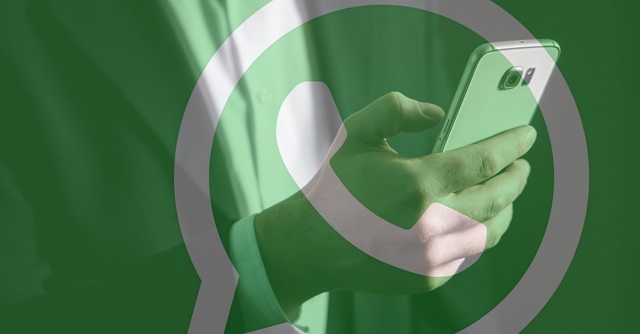
WhatsApp bans over 74 lakh 'bad' accounts in India: Report


Meta-owned messaging platform WhatsApp banned over 74 lakh 'bad' accounts in India in April, in compliance with the new Information Technology (IT) Rules 2021, the company said on Thursday.
The messaging platform sees an increase of over 58% month-on-month, in the number of banned account in order to prevent possible online abuse. This is also the highest number of accounts banned by the social media platform in over last 12 months. WhatsApp banned 47.15 lakh accounts in March, 45.97 lakh accounts in February, and 29.18 lakh accounts in January.
In its monthly compliance report for April, released on June 1, the company said, “Between April 1 and April 30, 7,452,500 WhatsApp accounts were banned and 2,469,700 of these accounts were proactively banned, before any reports from users”.

An increase in the number of international calls on WhatsApp is said to be one of the major reasons for an increase in account bans in April. In recent months, users in India have complained about getting missed calls on WhatsApp from unknown international numbers. These calls come from phone numbers that begin with +880 (Bangladesh), +251 (Ethiopia), +60 (Malaysia), +62 (Indonesia), +254 (Kenya), and +84 (Vietnam) among others.
According to a Truecaller report published in May last year, mobile phone users in India get nearly 17 spam calls on average per month. Around 93.5%, of all spam in India are sales or telemarketing calls. India is one of the biggest markets for WhatsApp, where it has the most monthly active users at around 400 million.
In January 2021, India’s antitrust regulator Competition Commission of India (CCI) launched a probe against WhatsApp for sharing users' data with its parent Meta. The CCI continues to investigate apps like WhatsApp and Facebook over alleged violations of users’ privacy and competition norms.
For the April data, WhatsApp, which has nearly 500 million users in the country, said, it took action after receiving orders from the Grievance Appellate Committee (GAC), which began operations on March 1. The panel was formed as there were recurring complaints from online users who either did not know whom to contact for solutions to problems or were dissatisfied with the response from a platform.
WhatsApp said that it received over 4,000 grievances involving account support, ban appeal, product support, and safety among others. WhatsApp took action in response to the ban appeal against 223 of these accounts. “We respond to all grievances received except in cases where a grievance is deemed to be a duplicate of a previous ticket. An account is ‘actioned’ when an account is banned or a previously banned account is restored, as a result of a complaint,” the report stated.
According to the report, WhatsApp complied with two orders received from the GAC in April. The report noted that the company, in addition to listening to and acting on user concerns via the grievance channel, employs technologies and resources to prevent harmful behaviour on the network.
“The abuse detection operates at three stages of an account’s lifestyle,” according to the report, which includes “at registration, during messaging, and in response to negative feedback.” WhatsApp received these in the form of user reports and blocks. “A team of analysts then augments these systems to evaluate edge cases and help improve our effectiveness over time,” it added.
WhatsApp further mentioned in its report that it conducted the process using the abuse detection approach that includes action taken in furtherance to negative feedback from users.
Notably, in May, WhatsApp launched a new feature called Chat Lock to enhance privacy that allows users to put a conversation in a folder that can only be accessed with their device's password or biometric, like a fingerprint. The Chat Lock feature on WhatsApp lets users protect most intimate conversations behind one more layer of security.

